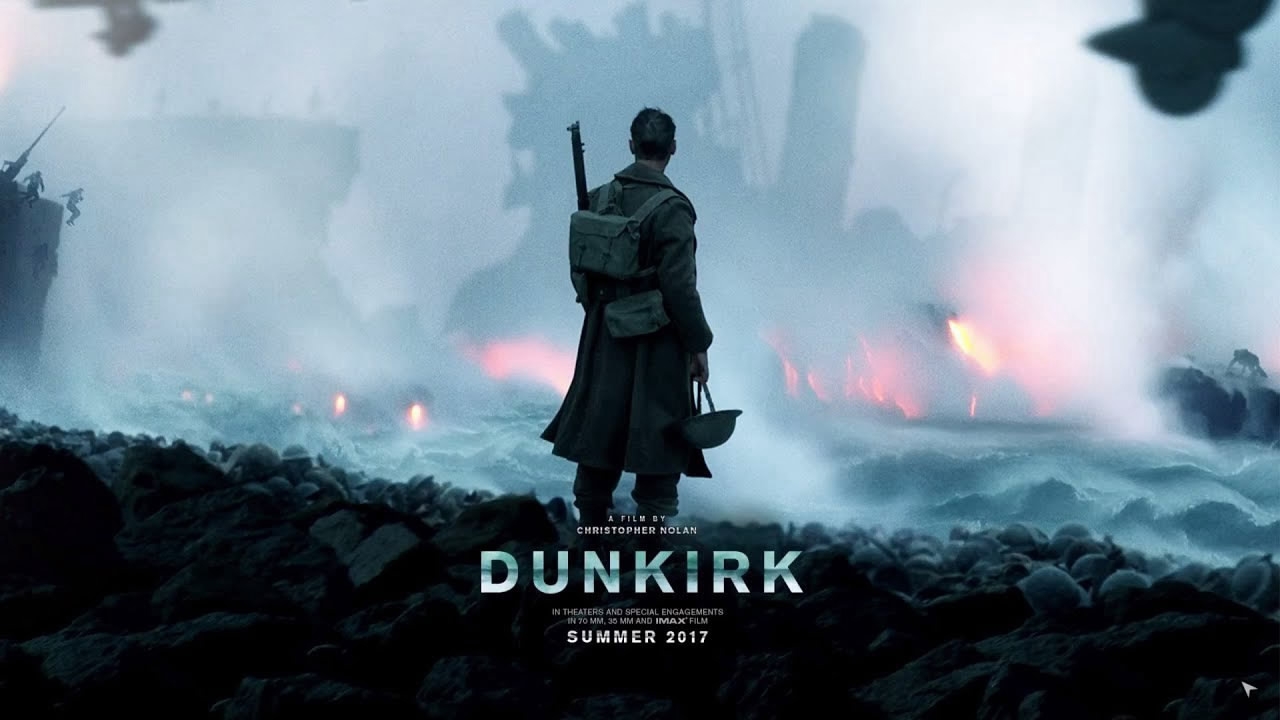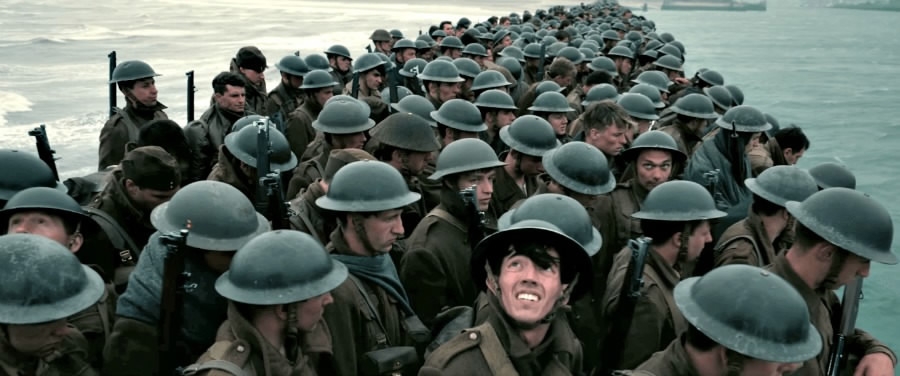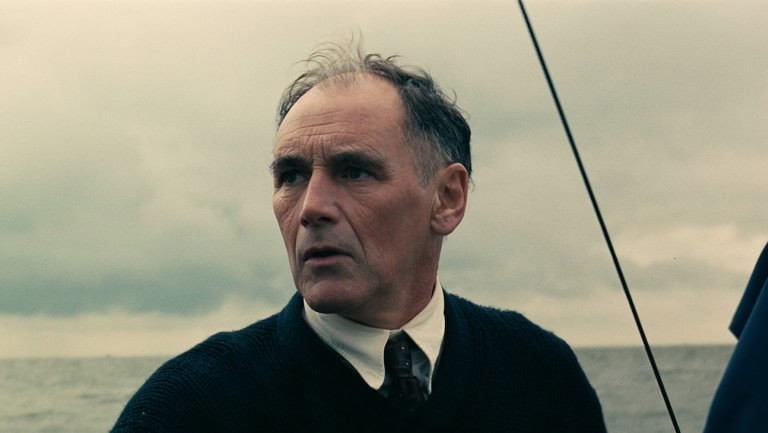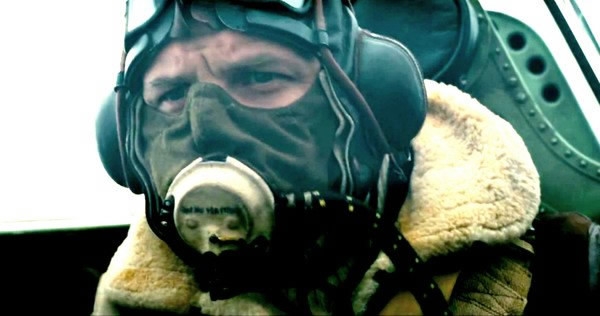
Culture
08:24, 05-Mar-2018
Best Picture Roundup – Dunkirk
Josh McNally

The 90th Academy Awards are taking place on March 4 and this year nine films have been selected for the much coveted Best Picture category. Among which is Dunkirk, a drama telling the story of the Dunkirk evacuation during World War Two.
The film is directed by Christopher Nolan and marks his first Academy Award nomination. Having come to the fore as the man who legitimized Batman in cinema with The Dark Knight, his heavily Michael Mann-inspired 2008 crime drama, Nolan has long been considered one of the Academy’s biggest oversights as his collaborators have won awards but he personally has not.

Soldiers waiting at The Mole /Photo via Warner Bros
Soldiers waiting at The Mole /Photo via Warner Bros
Throughout the film’s development, many wondered if, after a whole career of high concept genre pieces, Nolan could apply his distinctive style to a much more streamlined and fact based story – and he did. In a rave review for The Guardian, film critic Peter Bradshaw described it as “[his] best film so far” even went as far as comparing the film to James Cameron’s superlative 1997 epic Titanic due to it being a period piece that, in many ways, came out of nowhere after a career based on science fiction.
In his glowing review for The Atlantic, Christopher Orr emphasizes just how narrow that viewpoint is: “Apart from a handful of Luftwaffe planes, there aren’t even any Nazis, merely the knowledge that their artillery lies over the hills and their U-boats prowl beneath the waves. They are less an enemy than an existential threat, and at times Dunkirk feels less like a war film than a disaster movie. Except for the aerial dogfights, there is no “fighting,” and certainly no “winning.” There is simply not dying.”
Being a war film sans a tangible enemy or a grander political narrative would make Dunkirk unique enough, but it doesn’t end there. As outlined, the film follows three people but – in what is by far the most Christopher Nolan aspect of the movie – each one of those stories takes place on a different timeline. The stories of Tommy (Fionn Whitehead), Mr. Dawson (Mark Rylance) and Farrier (Tom Hardy) are respectively named The Mole, The Sea and The Air and, likewise, they take place over the course of a week, a day and an hour.

Mark Rylance as Mr. Dawson on The Sea /Photo via Warner Bros
Mark Rylance as Mr. Dawson on The Sea /Photo via Warner Bros
They get intercut and overlap in ways that, Anthony Lane, a critic for The New Yorker, says “allows us no chance to relax before the next onslaught begins” but concedes in his generally positive review that “there are so many ways in which the film falls short,” such as “Anybody wishing to understand the niceties of Operation Dynamo will be confounded, as will anyone expecting the sight of high-ranking strategists huddled around maps in low-lit situation rooms. (We do hear one of Churchill’s speeches, but only when a young man reads it aloud from a newspaper.) Nor does the film convince as a period drama. Most of the soldiers, who should look pinched and ration-fed, are well nourished, handsome, and unmistakably modern specimens—oddly well spoken, too, and lacking that earth-dark humor with which combatants everywhere seek to lighten their load and to wrestle down their dread. Most anachronistic of all are the tears that cloud Bolton’s eyes at the approach of the Little Ships. As a rule, senior officers, tasked with the mass relocation of men, have neither the time nor the inclination to weep.”
Also writing for The New Yorker, legendary critic Richard Brody takes a much tougher view of things: “Nolan’s construction turns a forward tread into a mosaic and breaks the sense of a unified dramatic arc into a series of observational anecdotes, of isolated deeds and lonely confrontations.” Not only does this put a limit on the tension that Nolan is trying to achieve, Brody emphasizes the weakness of his script, describing the film as a “paradox” because “its very subject is character, the mettle of men (and almost all of the characters, and all of the principal ones, are male) who, faced with decisions that could mean life or death for themselves and others, master their emotions and act thoughtfully, responsibly, honorably, potentially self-sacrificingly for the good of a collective mission […]” but “Nolan doesn’t delve into their character at all – doesn’t at all consider any personal traits that foster such bravery.”

Tom Hardy as Ferrier in The Air /Photo via Warner Bros
Tom Hardy as Ferrier in The Air /Photo via Warner Bros
In the end, he believes this leaves Dunkirk “flattened out” and his idea that “Nolan achieves that paean to patriotic unity not by seeing and hearing it forged from multiplicity, but by excluding multiplicity, filtering out everything that isn’t already a part of it” is reminiscent of the criticism for The Dark Knight Rises which had writers including Matt Taibbi, Mark Filipowich and Slavoj Žižek describing Nolan as, if not a fascist, then a fascist sympathizer. It isn’t too abstract a criticism considering former UKIP leader Nigel Farage “[urged] every youngster to go out and watch #Dunkirk” on his Twitter account.
According to Oddschecker, bookmakers currently have Dunkirk listed as a rank outsider with a roughly 33/1 chance of winning Best Picture but think Christopher Nolan’s chances of winning Best Director are more likely, listing him as 3/1 with only Greta Gerwig ahead of him. The Best Picture and Best Director awards have been split in the past few years – Moonlight for Best Picture and Damien Chazelle for Best Director being the most infamous example – and with the rumors suggesting he’s next in line to direct James Bond, this may be the best chance he will have to take home the top honors.

SITEMAP
Copyright © 2018 CGTN. Beijing ICP prepared NO.16065310-3
Copyright © 2018 CGTN. Beijing ICP prepared NO.16065310-3